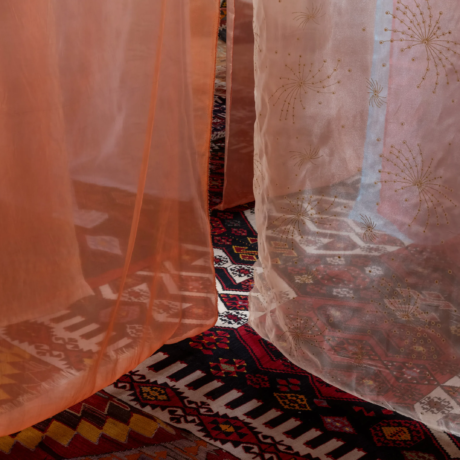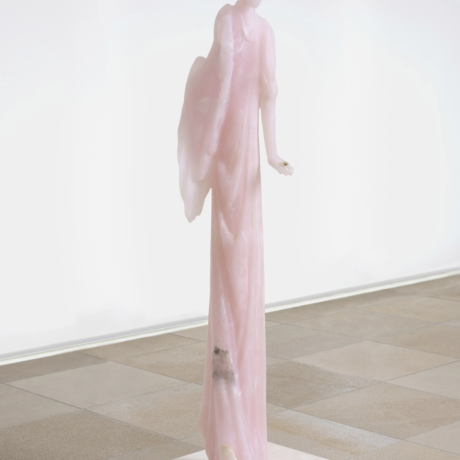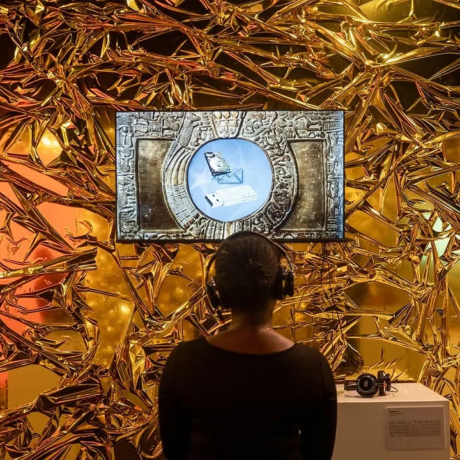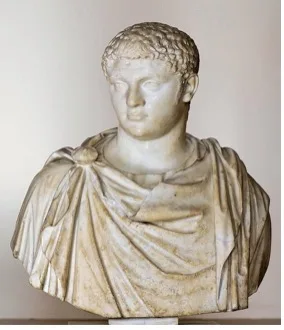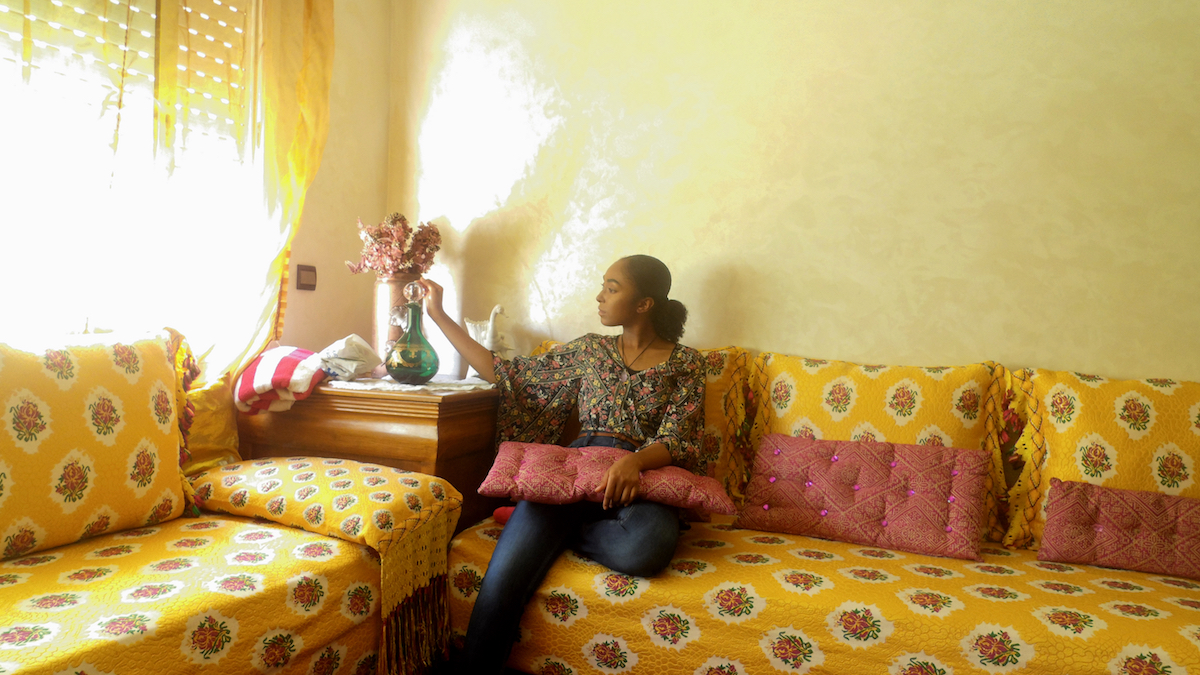
is so many things, to many people from all over the world. In this city of almost nine million people, the young adult population of London—sixteen to twenty-four-year-olds—is often absent from conversations, especially when it comes to politics; yet the decisions being taken now will affect their future the most. Autograph’s Album outreach programme, co-organized with the University of the Arts London, works with youth every year to support them in telling their stories through film and photography. This year, the images they produced speak of shared concerns around the notion of home, heritage, sexuality and disability. Here, some of the photographers talk about the images they created, in their own words.
Hayleth Dawkins
“The title of this work represents how I chose to explore my ‘home’ (بيت) as a silent observer. The photographs communicate a mix of everyday life in Morocco as well as the beauty of the country itself, but from a fresh pair of eyes.”
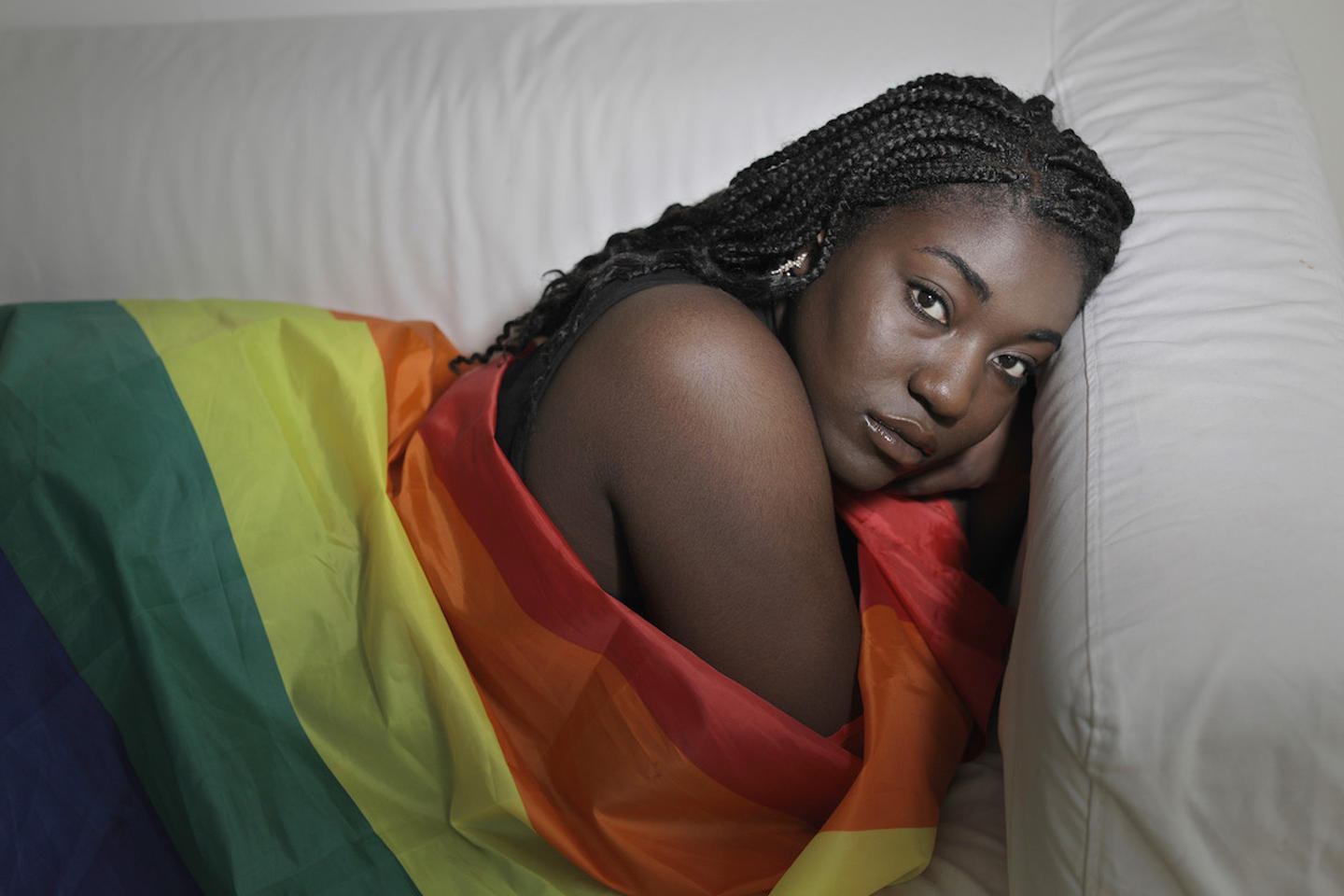
Rachel Velastegui, Amor, 2018
Rachel Velastegui
“I feel stuck in the middle. I’m proud to tell people who I am or whatever. There’s no shame in expressing yourself through your sexuality. At the same time, I’m scared. You can see the fear in my eyes. Deep down I’m scared to be judged by those I love.”
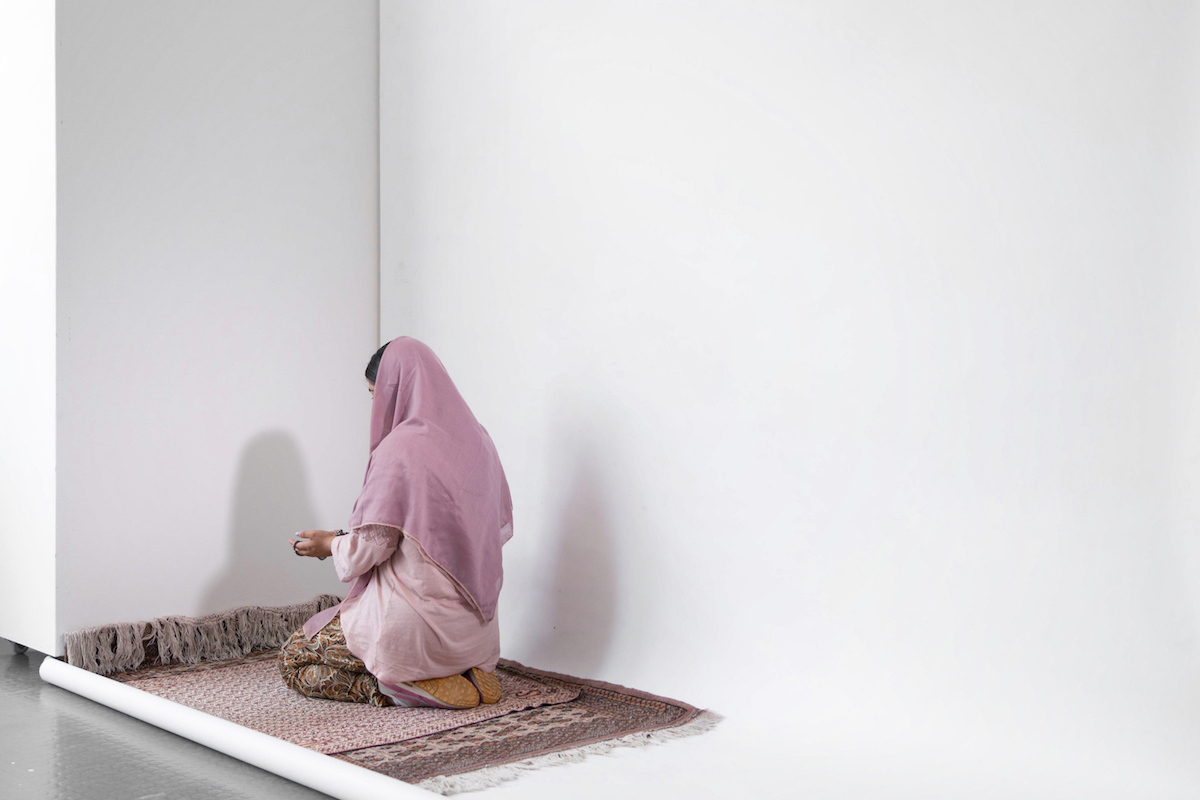
Sara Fathi
“To me, home is Iran and London. These two places make up my identity and affect everything that I do.”
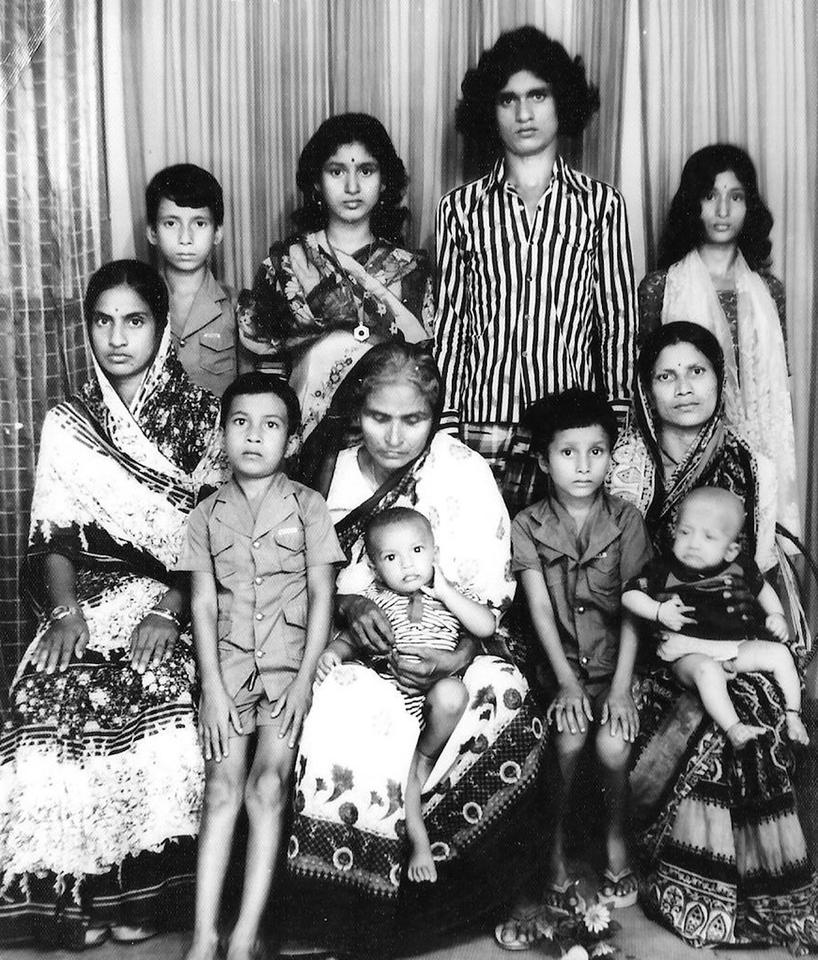
Rihaz Uddin
“I wanted to explore the differences between how we capture memories and the types of things we capture.”
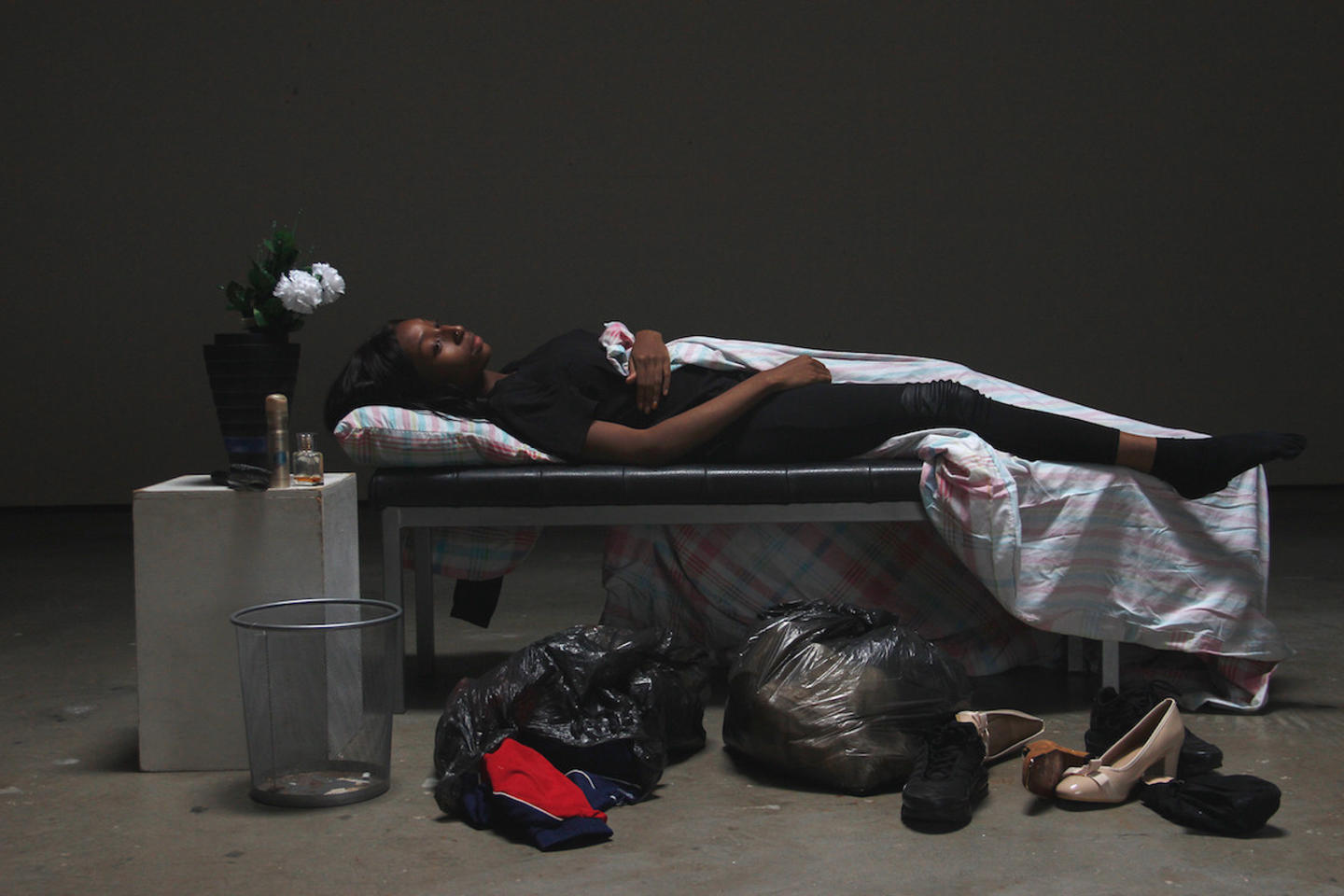
Chantae Henry
“The homelessness we see on the streets is only the tip of the iceberg. Couch surfing hides homelessness. Taking a more conceptual, less obvious approach, my work aims to dispel the myth that there is anything fun or simple about living a life of couch surfing. It’s not a sleepover if you cannot go home.”
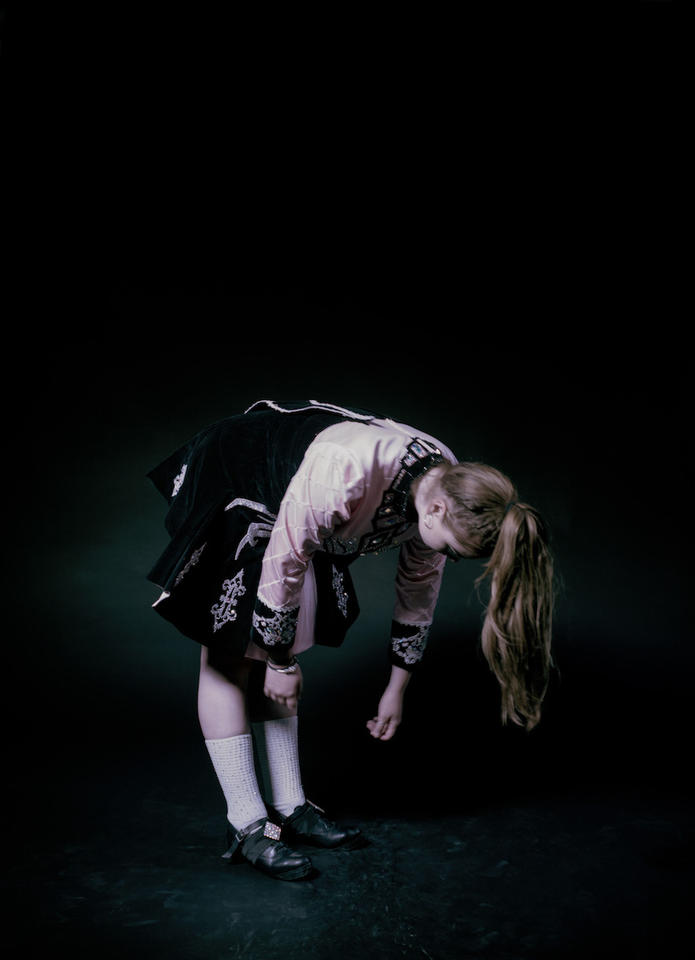
Courtney Jelley
“My identity and what I would call a safe place have been ripped away from me. For me, my home was embedded within Irish dancing. However that was torn away from me when my disability, a medical condition called Ehlers-Danlos syndrome, started taking over my everyday life. My work represents the emotion I felt being unable to dance.”
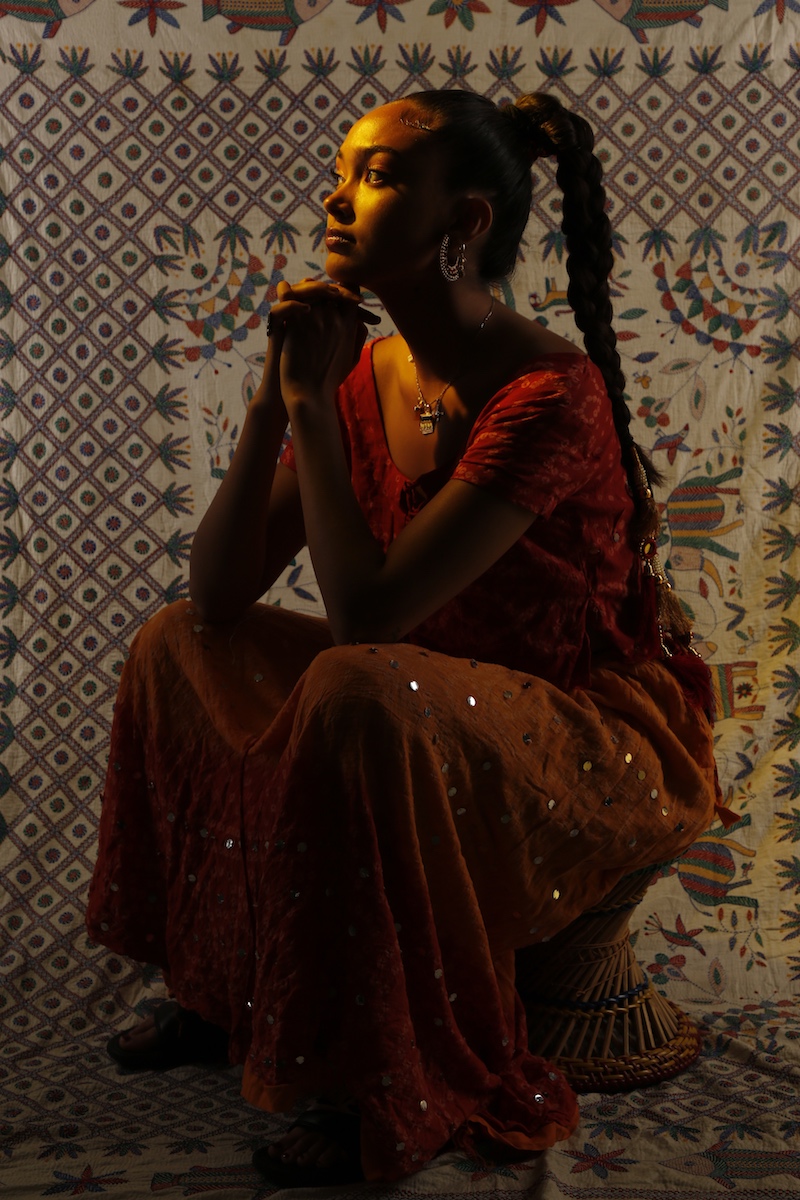
Farihah Chowdhury
“It’s only recently that I’ve been able to embrace the beauty of my ethnic background more due to the fact that I have understood how it makes us different and distinctive and that’s completely fine. It’s okay to stand out, even within my own community.”
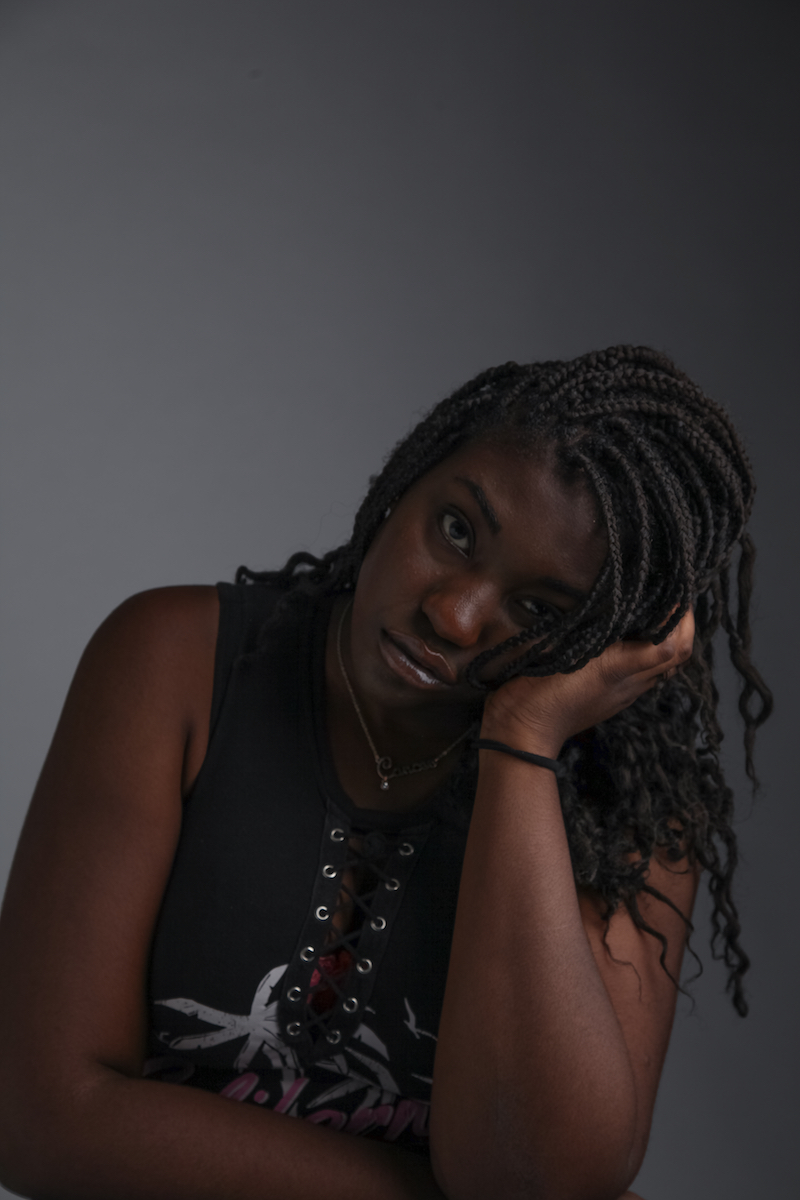
Celina Priebe
“I want to explore the alienation of people in a surrounding they are not used to.”
